- English

Acidity Regulators are compounds used to adjust the acidity and alkalinity of food and beverage products. They are commonly known as pH regulators, and are either organic or inorganic compounds. Acidity regulators are classified into four categories: acids, bases, buffers, and salts. Acids and bases are used to change the pH of the product, while buffers and salts are used to maintain the pH of the product.
| Picture | Acidity Regulators | E Number | Cas Number |

|
Citric Acid Monohydrate E330 |
E330 | 5949-29-1 |

|
Citric Acid Anhydrous E330 |
E330 | 77-92-9 |
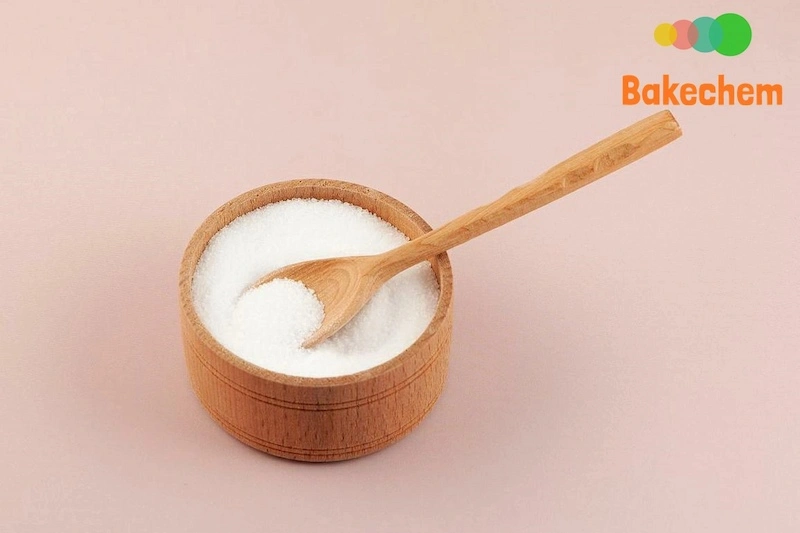
|
Sodium Citrate E331 |
E331 | 6132-04-3 |
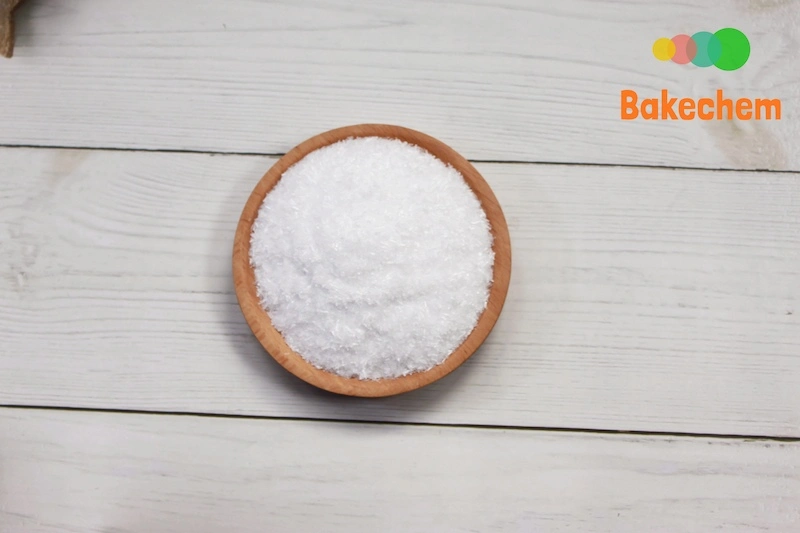
|
Potassium Citrate E332 |
E332 | 6100-05-6 |
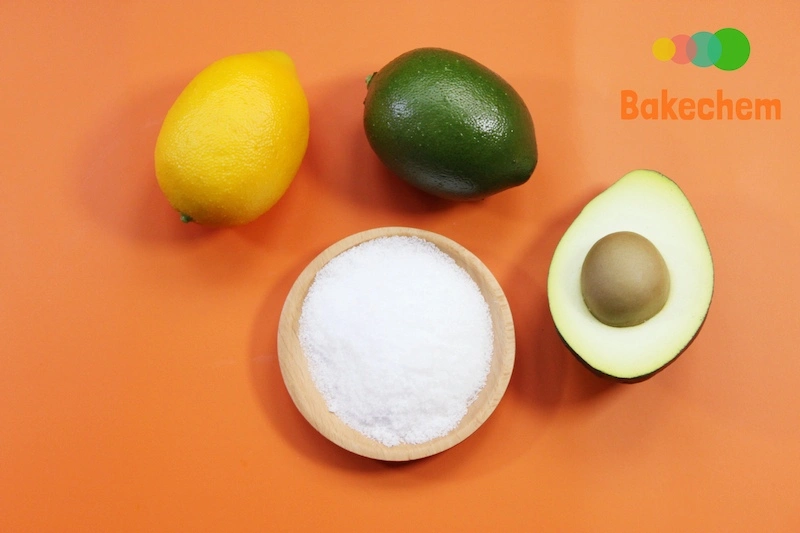
|
Calcium Citrate E333 |
E333 | 5785-44-4 |
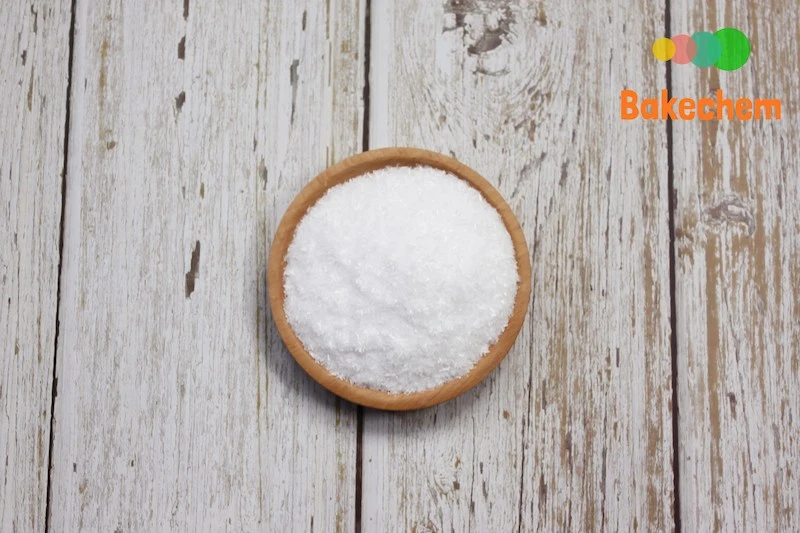
|
Magnesium Citrate E345 |
E345 | 153531-96-5 |
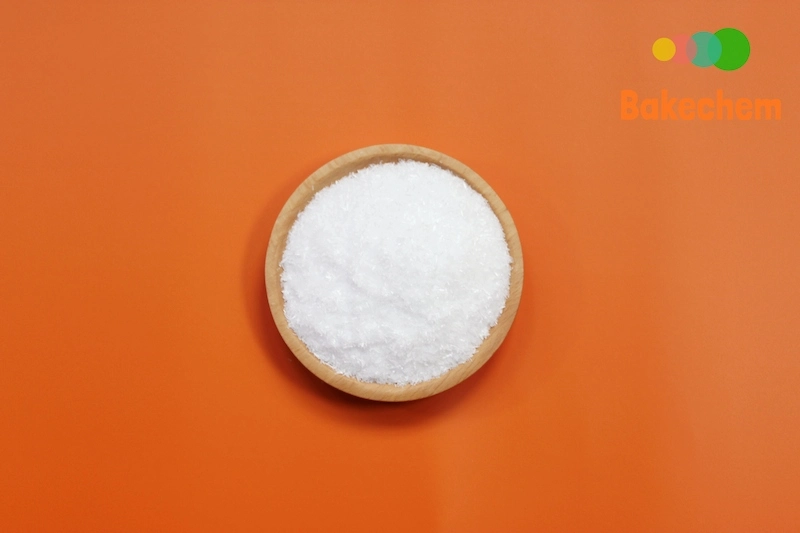
|
DL-Tartaric Acid E334 |
E334 | 133-37-9 |
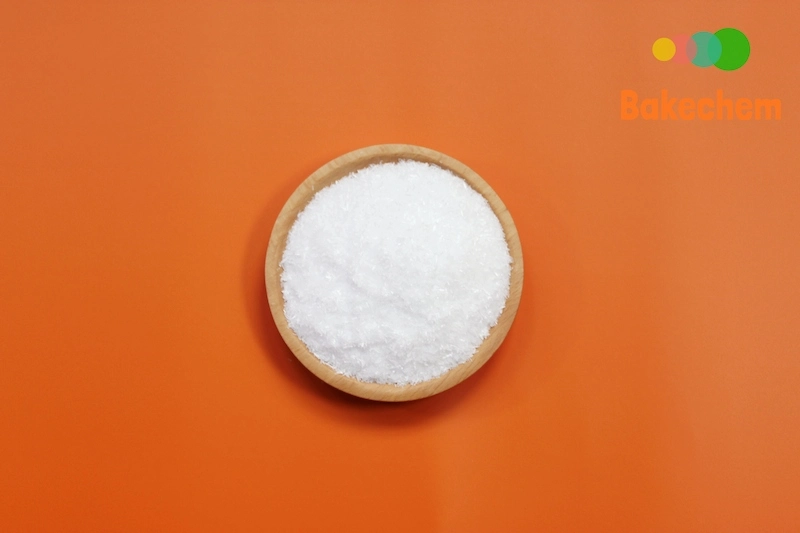
|
L (+) - Tartaric Acid E334 |
E334 Food Additive | 87-69-4 |

|
DL-Malic Acid E296 |
Acidity Regulator 296 | 6915-15-7 |
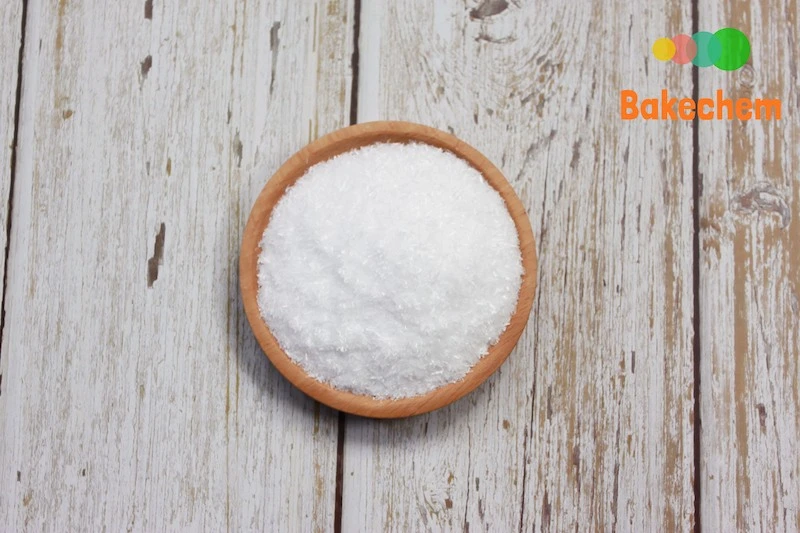
|
L-Malic Acid E296 |
E296 Food Additive | 97-67-6 |
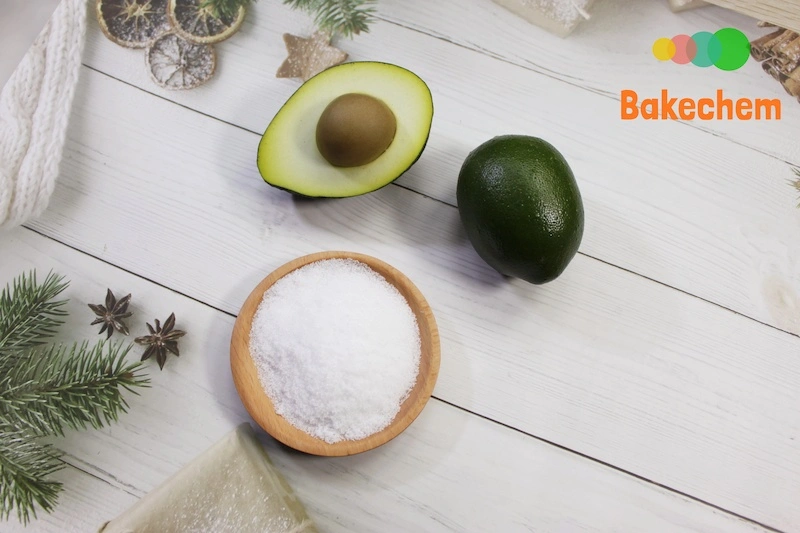
|
Fumaric Acid (CWS) E297 |
E297 | 110-17-8 |
Acidity regulators are essential for ensuring the safety of food and beverage products. By controlling the pH, they can reduce the risk of food-borne illnesses, and make sure that the product is safe for consumption. They also help to maintain flavor and color stability, which can help to improve the product's overall quality.
Acidity regulators, also known as pH modifiers, are substances used to alter the pH of a substance to a desired level. They are important in a variety of industries, including food, beverage, and pharmaceuticals, as they help control acidity levels in products.
Acidity regulators can improve the shelf life of food, preserve flavor and color, and make products safer for consumption. They can also reduce spoilage and extend the product's shelf life. Additionally, they can be used to adjust the product's texture and make it easier to process.
The global acidity regulator market is expected to grow significantly due to increasing demand from the food and beverage industry. The increasing demand for processed and convenience foods, as well as the rising awareness of health and wellness, are driving the market.
Acidity regulators are widely used in beverages such as juices, soft drinks, energy drinks, and alcoholic beverages. They help to enhance the flavor of the beverage by adjusting the acidity levels and maintaining the desired pH balance.
The increasing demand for natural ingredients has opened up potential for natural acidity regulators such as citric acid, malic acid, tartaric acid, and lactic acid. These natural ingredients are becoming more popular as they are considered to be healthier alternatives.
Acidity regulators are used in food preservation to maintain the desirable pH level, which helps to inhibit the growth of food-spoiling bacteria. Commonly used acidity regulators include citric acid, lactic acid, malic acid, tartaric acid and phosphoric acid.
In beverage production, acidity regulators are used to enhance the flavor, texture and shelf stability of the product. Acidity regulators such as citric acid, malic acid, tartaric acid, phosphoric acid, acetic acid and citrate salts are commonly used to give a tart flavor to beverages.
Acidity regulators are used in various pharmaceutical applications to regulate the pH of the drugs. Acids such as citric acid, lactic acid, malic acid, tartaric acid and phosphoric acid are used to adjust the pH of the drugs to the desired level.
Professional Additives And Supplements Manufacturer, We are here to supply high quality additives and supplements for customers.
LATEST NEWS AND BLOGS ALL NEWS >
05-26
Why Is TSPP Phosphate Used in Water Treatment?05-19
05-12
05-05
